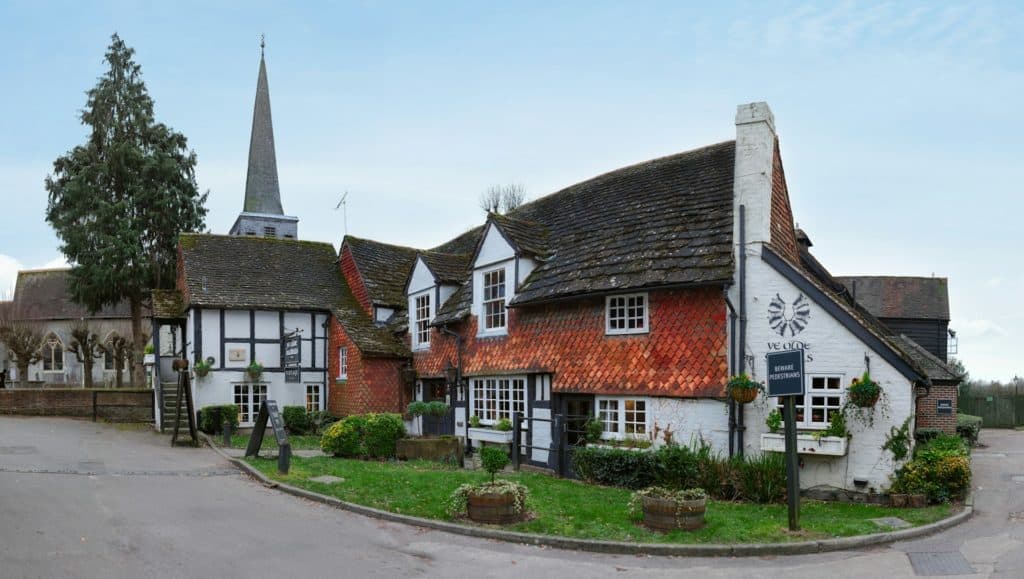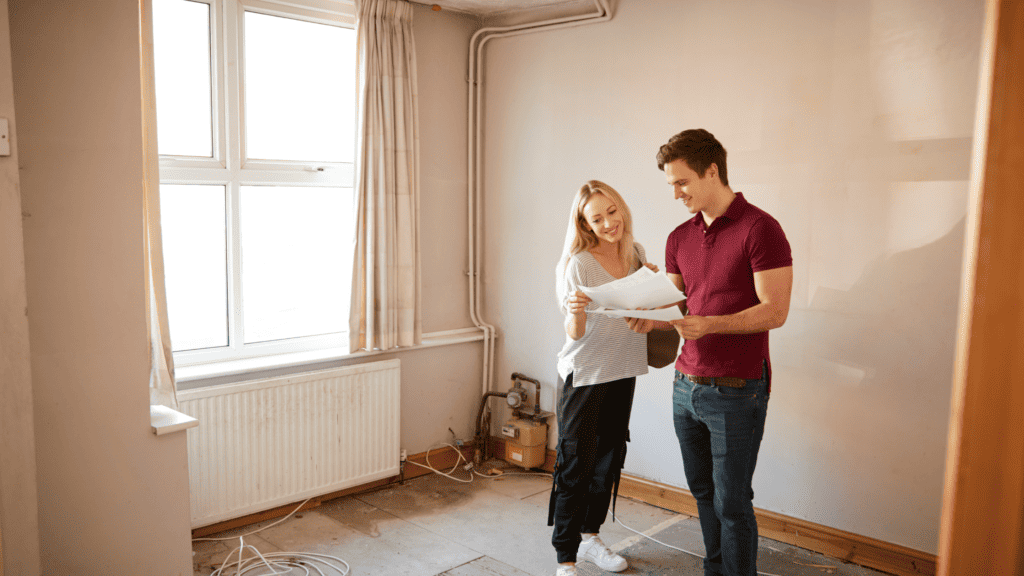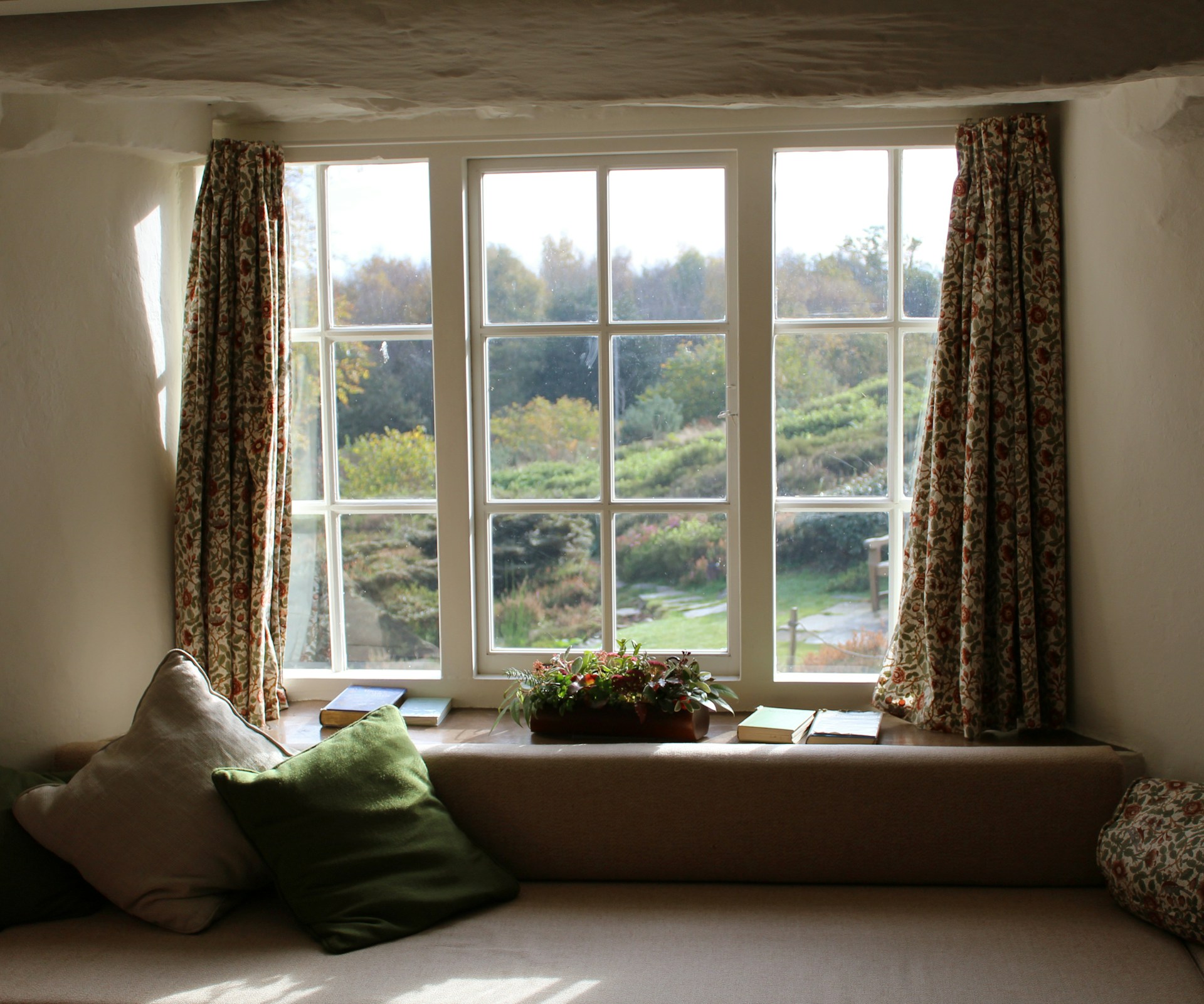Buying a house is one of life’s most important decisions. So, it’s crucial to ask as many questions as possible during a house viewing, even before you undertake a building survey. But, what kinds of questions should you ask when looking to buy a house?
Questions you should think about when viewing a property:
- Property market value – has this gone up much since it was last sold, has it been reduced in price or on the market for long?
- Previous owners – How long did people stay in the property?
- If applicable, have any big changes been made to the property such as extensions etc?
- If there are any known issues with the property, legally, they should be declared
- It’s important to cover any questions you have about the area, especially if you are unfamiliar with it, but always do your own research too.
Read on to find out the top 10 questions to ask when buying a house, plus advice on the areas to look at during your house viewing appointment.
10 Questions To Ask When Buying A House
When viewing different properties, it’s good to have a few key areas to focus on. Firstly, consider factors that are important to you such as location, transport links, any specific features you want your property to have and any questions to ask about that.
Before making any investment decisions, it is crucial to conduct thorough research on each property before a house viewing and carefully evaluate its suitability as a potential contender for your investment. Questions you’d want to ask when viewing any property are as follows:

How Long Has The Property Been On The Market?
This is a valuable question as you can further probe into the market history such as:
- Have there been multiple owners in a short space of time? This could indicate an expensive underlying issue with the property.
- Enquire if any offers have been made, if any have been withdrawn, and any reasons for this.
- Drop in value – Has the price of the property decreased significantly? If so, is there a specific reason why?
It is always advised to have a RICS Building Survey carried out to identify any issues that may not be obvious to the untrained eye.
Why Is The Current Owner Selling The Property?
There are many reasons why people decide to sell their homes. From needing a bigger home to downsizing, financial reasons, moving from the area, the list goes on and on. It’s a good question to ask and usually comes down to one of the reasons outlined above.
Your estate agent might not always know the answer. It’s also worth inquiring during the house viewing whether the seller has already purchased another property. If they have, they may be motivated to achieve a quick sale, meaning you may have the upper hand if you aren’t in a chain.
Is The Property Leasehold Or Freehold?
Understanding whether a property is leasehold or freehold is crucial for various reasons. The distinction impacts ownership rights, maintenance obligations, long-term costs, saleability, and mortgage terms. Here’s how they differ:
- A leasehold is where a property is owned, but not the land it is on – properties such as flats are usually leasehold.
- A freehold is where the property and land it is built on up to a boundary wall is considered to be under full ownership.
How Old Is The Property?
Without having a trained eye, it can be hard to pinpoint when a property was built unless this is a defining feature and a reason you have selected to view it. Some older properties may be harder or more expensive to insure based on building materials and practices. Listed buildings are a good example of where you may require specialist insurance – it’s not as simple as just insuring to the purchase value of the house. Here at Fourth Wall, our Building Reinstatement Cost Assessment service can help you get insured to the right level.
If the building meets one or more of the following criteria, you should consider getting a Level 3 Building Survey completed before purchasing the property:
- Old
- Large
- Extensively altered or extended
- Worth more than £1,000,000
- In poor condition
You may also find our recent blog helpful: 10 Questions To Ask Before Buying a Listed Property
What’s Included With The Property Sale?
Is there anything specific in the property that you are keen to keep – such as carpets or light fixtures, or a greenhouse outside? If so, the seller needs to specify that they will be included before you purchase the house.
Whilst furniture is typically removed, it’s wise to confirm this as sometimes carpets, light fittings, sheds, etc are also taken, which may come as a surprise to many homebuyers! Our level 2 and level 3 surveys include all areas of the property, including any surrounding land and outbuildings, so that nothing comes as a surprise.
What Is The Local Area Like?
If you aren’t familiar with the area you are looking into – ensure you conduct extensive research before committing to a property. We’ve heard one too many horror stories about nightmare areas! Consider researching the following:
- Transport links (something that Fourth Wall surveys look at, alongside noise and disturbance in the area, broadband and mobile connectivity!)
- Local amenities
- Crime rate – You can check this through the police website
- If applicable, schools and their locations and reputations
What Are The Neighbours Like?
This is a very important question to ask when buying a house, especially where there are shared areas such as pathways, or shared courtyards and gardens. Making changes on or near Party Walls go much more smoothly when neighbours are friendly.
It’s also good to know whether they are homeowners or if the property is let out to tenants. Talk to the seller if possible, their response can give you a good indication of whether they are happy with their neighbours.
If you are keen to learn more about the Party Wall process, read our helpful blog: Party Wall Agreements – Everything You Need to Know About Adjoining Owners
When Were the Last Improvements Made?
Have there been any major updates to the property such as extensions or conservatories? If so, we’d recommend checking that the correct legal processes were followed, including planning permission being granted and followed correctly. If not, this can cause costly issues later down the line, as you may have to reverse the changes made.
You don’t have to be an expert yourself in this area – by enlisting Fourth Wall to conduct a home survey, we can offer advice on planning, permitted development, conservation areas, party walls, and building regulations.
You can easily check for any planning applications on the land registry by entering the property’s postcode.
What Is Energy Performance Like?
Asking this question at a house viewing can provide you with a good indication of whether any work needs to be done on the property to improve its energy efficiency. An energy performance certificate (EPC) is provided following an inspection of the property. A report is provided which can indicate improvements that may be recommended.
If the property has a less than favourable rating this could indicate that you may need to invest in work and improvements such as retrofitting, changing windows, doors, insulation and roof repairs or replacements. By enlisting the help of a chartered surveyor after viewing the property, they’ll be able to offer advice on any sub-standard energy performance, and the steps that can be taken to improve it.
What Is A Good Energy Rating?
The EPC is a system rated from A to G. A is the best rating you can achieve. D is the average rating of UK households, so anything above this would be seen as a good rating. See more data from the Office of National Statistics.
If you’re a landlord planning to purchase a buy-to-let property, there are minimum EPC standards that the property must meet before it can be let out. A surveyor, like Fourth Wall, will be able to advise on what improvements should be made.
Is The Property in a Conservation Area?
If the property lies within a conservation area, it means that you would need to gain permission from the local authority to be able to make changes. Houses in these areas are likely to hold their value due to their historic features and build, as such permissions need to be gained for any changes you wish to make. This can include things like changing your windows, doors and drain pipes/guttering. Chartered surveyors, like those at Fourth Wall, will be able to advise on conservation areas and planning considerations you may need to consider before purchase.

Things To Look at When Viewing A Property
Whilst you won’t be able to inspect every single detail of the property during your viewing slot, follow this list inspection to get a good feel of the quality and condition of the property:
- Check windows & doors – how old are they, and do they look in good condition?
- Look for damp issues – signs of damp include visible mould, water stains on walls, and bubbles in the wallpaper. Also, look at ventilation. Do the windows open okay, are there any air vents?
- Look at walls and ceilings – are there any visible cracks or damage? Larger cracks can indicate major structural issues, which can be expensive to repair.
- Check the roof and gutters – this would be a visual check if you are able to see it (we aren’t telling you to get on the roof!). Are the gutters in good condition, or are there any signs of damage?
- Check for any water damage – make sure taps run and toilets flush. Check for any signs of leaks. You should also check the water pressure in showers, baths, and taps.
All of these checks can take a while to carry out and you may not always know what to look for. Once you have selected the property you want to buy, it’s vital to ensure you have a level 2 or level 3 building survey completed.
Our RICS chartered surveyors can identify any property issues, and advise you on what fix is required and the estimated costs. This is beneficial to you as it could affect the offer you make, and can mean there are no nasty surprises in store for you when you move in.
If you’re looking for more advice to help make the most of viewing slot, read our recent blog: 10 Tips for House Viewings
Expert Advice & Home Surveys From Fourth Wall
If you’re looking for a residential surveyor that understands you, without the heavy jargon and unclear advice, choose Fourth Wall Building Surveyors. We’re here to offer you support and guidance through every step of the house buying process.
We offer services covering the entire lifecycle of a property, including level 2 and level 3 building surveys. Not sure what you need yet? Get in touch with our team for a free consultation. Alternatively, complete our free instant quote calculator.




